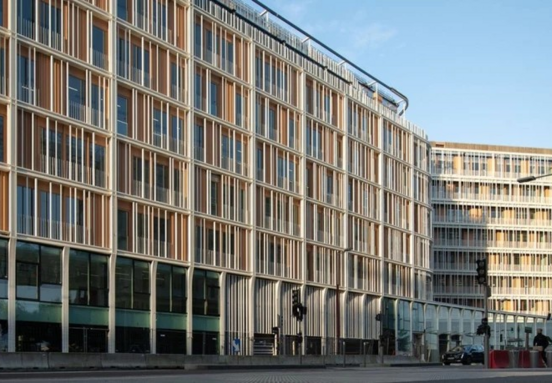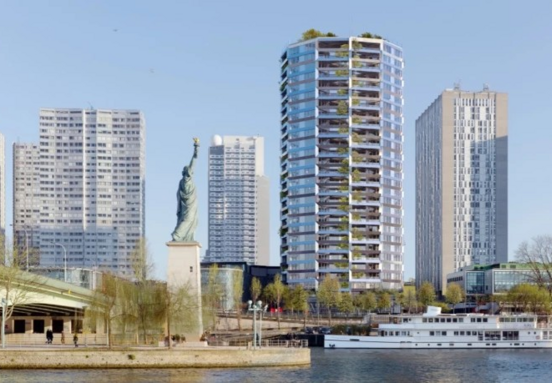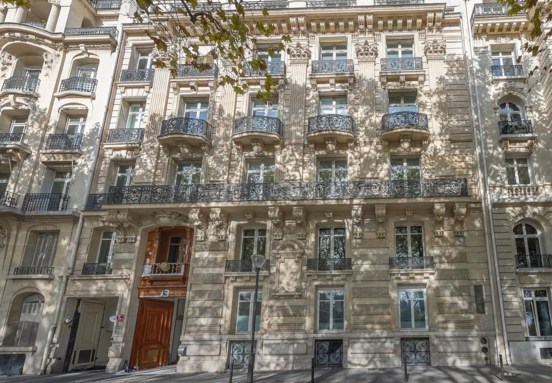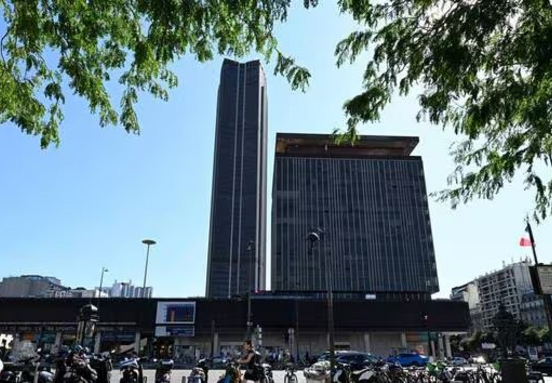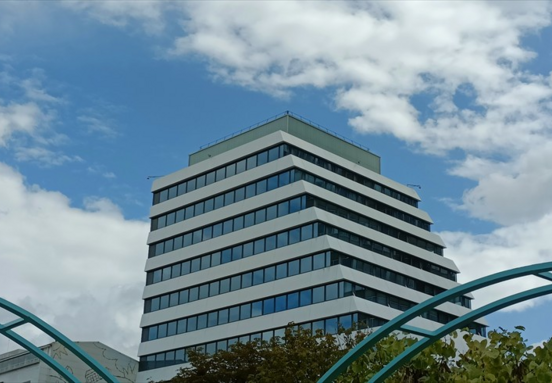The shifting sands of the modern workplace: is the office back?
The global shift to remote work during the pandemic profoundly reshaped how businesses operate, sparking an ongoing debate about the necessity of physical office space. While some companies embraced fully remote models, others are now steering back towards in-person collaboration, recognizing the unique benefits a dedicated office environment provides. For businesses evaluating their commercial real estate needs, understanding these diverse approaches is key.
The case for in-office presence: fostering innovation and connection
JCDecaux: re-emphasizing in-person interaction
Outdoor communication giant JCDecaux, with 3,300 French employees, has significantly reduced its remote work allowance from two days to just one per week. This strategic shift underscores their belief in the critical role of in-person interactions for fostering creativity, facilitating knowledge transfer, and ensuring social equity across their workforce. For companies prioritizing dynamic collaboration and a strong internal culture, a well-designed office remains indispensable.
Riot: building culture and performance through proximity
The cybersecurity startup Riot, boasting 100 employees in Paris, maintains a largely in-office policy, permitting only two remote days per month (with tech teams having slightly more flexibility). Founder Benjamin Netter firmly believes that in-person work cultivates superior communication, accelerates learning from colleagues, and aids in filtering for highly motivated candidates.
His observation that companies he's invested in, which prioritize in-person work, tend to perform better, reinforces the value of a centralized workspace. Businesses with similar values will find a robust office presence vital for their growth and talent acquisition.
The remote frontier: embracing flexibility, navigating challenges
Vates: expanding horizons, managing cohesion
In contrast, French software publisher Vates operates on a 100% remote model for its 100 employees. This approach initially allowed them to circumvent the search for physical premises and now provides a significant advantage in broadening their recruitment pool, especially in the competitive tech sector where they compete with higher-paying US companies often demanding a return to the office.
However, Vates co-founders acknowledge the inherent challenges in maintaining team cohesion and mitigating employee isolation. This has led them to explore organizing more regular internal events and investing in larger temporary spaces for occasional gatherings, highlighting that even fully remote companies may still have a need for flexible event or meeting venues beyond their small, existing headquarters.
The best of both worlds: hybrid models and flexible spaces
Payfit: balancing flexibility with culture
Payroll management software company Payfit champions a highly flexible hybrid model, requiring only two mandatory in-office days per month. Their innovative approach also includes a unique option for employees to work remotely from abroad for several months each year. This level of flexibility is a powerful tool for recruitment and retention in a competitive talent market.
While embracing remote work's benefits, Payfit consciously strives to maintain a delicate balance to preserve its company culture and foster conviviality. This model suggests a need for office spaces that are designed for collaboration, social interaction, and team-building events, rather than just individual workstations, emphasizing adaptability and amenity-rich environments.
What this means for your business space needs
The diverse strategies adopted by JCDecaux, Riot, Vates, and Payfit underscore a fundamental truth: the office is not obsolete, but its role is evolving. For businesses seeking office or warehouse space, these trends offer valuable insights:
Traditional office space is still essential: Companies prioritizing strong culture, rapid innovation, and direct communication will continue to need dedicated, full-time office environments.
Flexible and collaborative spaces are key: Even hybrid and remote-first companies often require spaces for team gatherings, client meetings, training, and maintaining cultural bonds. This translates to demand for adaptable office layouts, event venues, or flexible lease options.
Attracting talent through space: A well-designed, functional, and culturally aligned office can be a significant recruitment and retention asset, showcasing a company's commitment to employee well-being and collaboration.
Strategic location matters: For companies bringing employees back, or those maintaining a hybrid model, accessibility and amenities surrounding your chosen office or warehouse location become even more critical.
Whether you're looking for a vibrant headquarters, a flexible hub for occasional meetups, or a spacious warehouse to support a distributed workforce, understanding these evolving workplace dynamics will empower you to make informed decisions about your commercial real estate investments.
Source: lesechos.fr

